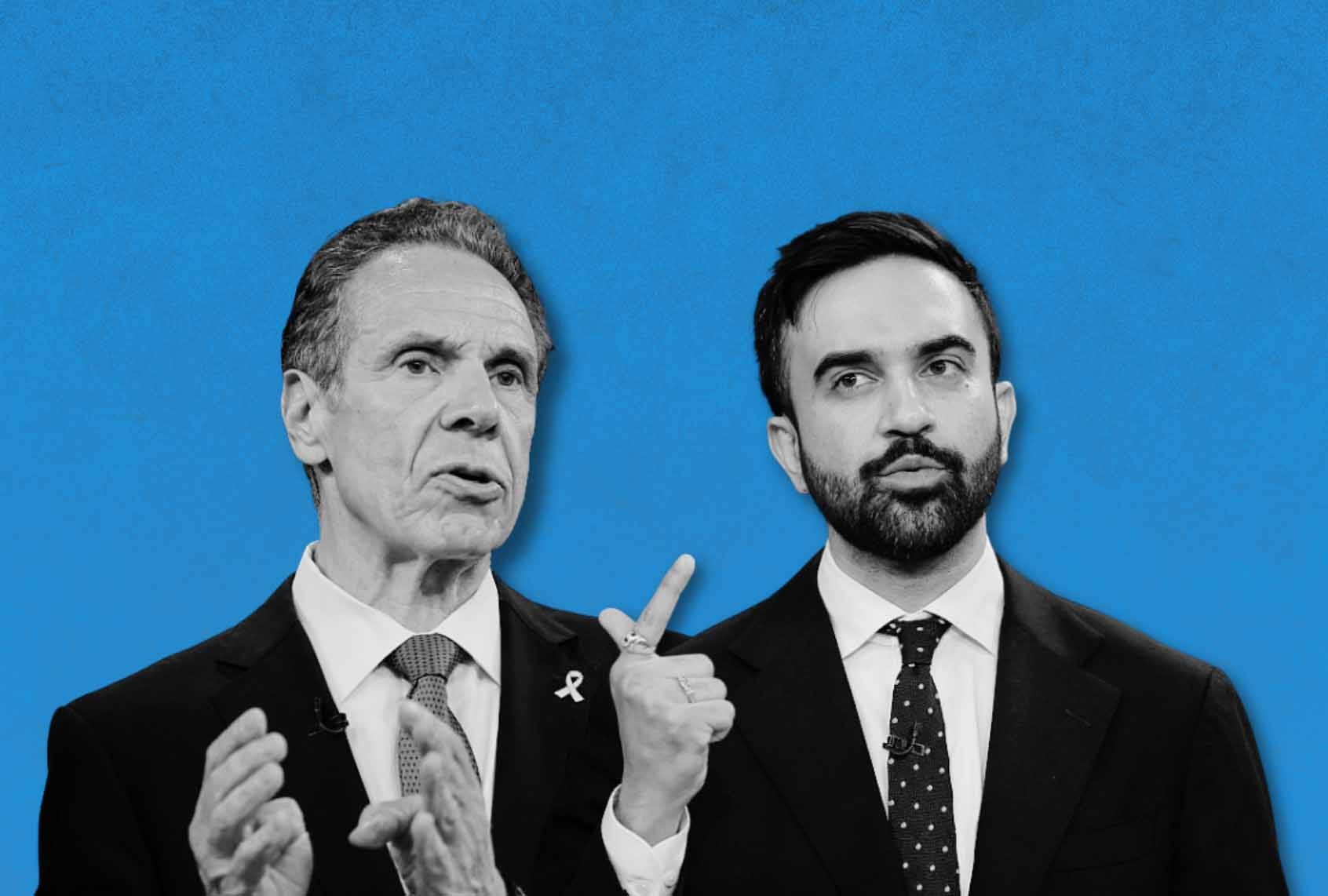**Ranked Choice Voting Set to Transform NYC Mayoral Race Dynamics**
As New Yorkers prepare to cast their votes in the upcoming mayoral election, they will navigate a new and potentially influential voting method: ranked choice voting. This change, according to experts, could signal a shift in how future democratic elections are conducted in the United States.
Ranked choice voting allows voters to rank up to five candidates in order of preference rather than selecting just one. This system, which has been adopted by New York City for the first time in a mayoral election, aims to ensure that the winning candidate has broad support among constituents. If no candidate receives a majority of first-choice votes, the candidate with the fewest votes is eliminated, and their votes are redistributed to the remaining candidates based on voters’ preferences. This process continues until a candidate emerges with a majority, thereby reducing the chances of extreme polarization and encouraging broader coalition-building.
Political analysts believe that ranked choice voting could be transformative for the New York City mayoral race, which has been described as one of the most competitive in recent memory. The new system is expected to reduce negative campaigning and encourage candidates to seek “cross-endorsements” from their opponents—an effort to be ranked as a second or third choice. This could lead to more collaborative policies and civility among candidates.
Professor Wendy Schiller, a political scientist at Brown University, commented on the potential long-term effects of the new voting system. “Ranked choice voting is designed to promote majority support and more positive campaigning,” she explained. “It’s an innovative approach that might well reshape the dynamics of American democracy, especially in highly contested races such as those seen in large urban areas.”
Additionally, ranked choice voting may empower more diverse candidates, as voters can express support for minority or outsider candidates without the fear of ‘wasting’ their vote. This has led some to speculate that the system might amplify voices traditionally marginalized in electoral politics.
As voters head to the polls, all eyes will be on how this election unfolds under the new system. Its success or failure could have significant implications, serving as a barometer for other cities contemplating similar electoral reforms.
Source: salon.com

